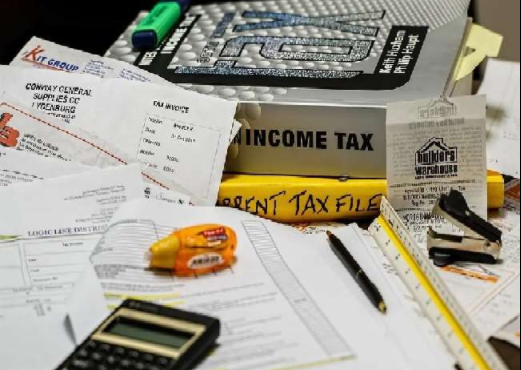New Delhi, Business Desk. On 29 July, the government had extended the deadline for filing income tax returns for the financial year 2018-19 once more, giving relief to the taxpayers. It is estimated that the deadline will not be extended any further. A nationwide lockdown was implemented in the country from 22 March 2020 in the wake of the Corona virus epidemic. This disrupted all activities. With the last date of the financial year 31 March also coming in lockdown period, the government had to go ahead with several deadlines, one of which is the deadline for filing income tax returns.
The Income Tax Department has extended the deadline for filing income tax returns for the financial year 2018-19 for the third time. Now taxpayers can file their returns by 30 September. Earlier, the government had extended this deadline to 31 July. Whereas according to tax law, ITR could be filed only till 31 March. Similarly, investments were to be made by 31st of March only to receive various exemptions in income tax. This deadline was further extended by the government till 31 July 2020.
After a four-stage lockdown, the central government began removing restrictions and the unlocking process. Unlock-3 came after two unlocks, with more and more activities restarted. Sanctions are gradually being removed and will be completely removed in the coming time. Those who still have not filed income tax returns for the completed financial year on 31 March 2020, they should pay this tax now. According to Apnapasa.com chief editor and tax and investment expert Balwant Jain, now taxpayers should not wait any longer.
Also Read: How will new reform announcements in the Income Tax System affect taxpayers? Know expert’s opinion
No further deadline
Jain believes that this was the last chance to move ahead of the deadline for filing ITR, as the government is not in the mood to extend the deadline for taxpayers unlimited. It is also clear from this that the government has not extended the investment deadline beyond July 31 for income tax exemption. Also, Jain said that taxpayers will also have to pay one percent interest on the shortfall from April 1, 2019 till the payment of income tax. However, in the event of shortfall of less than 10 percent of the gross tax liability, no penal interest will be payable. Keep in mind here that taxpayers are required to pay late fees for delay in filing ITR as well as interest on delay in payment of taxes.
If the ITR is not filled even by the extended date ..
According to Balwant Jain, if taxpayers fail to deposit the outstanding income tax after the tax exemption even to the extended deadline, then the Income Tax Department may impose a minimum penalty of 50 per cent penalty for failing to pay the ITR paid by you. In addition to the penalty fee, you will also have to pay interest for the delayed period. Also, if the amount of tax is more than ten thousand, then the Income Tax Department can also initiate prosecution proceedings against you. It can carry a sentence ranging from three months to seven years.


